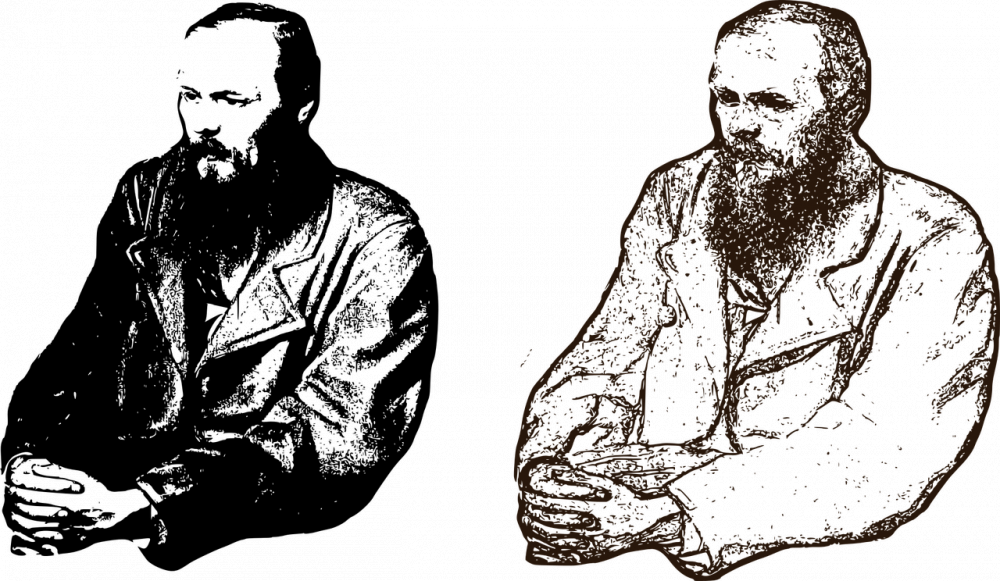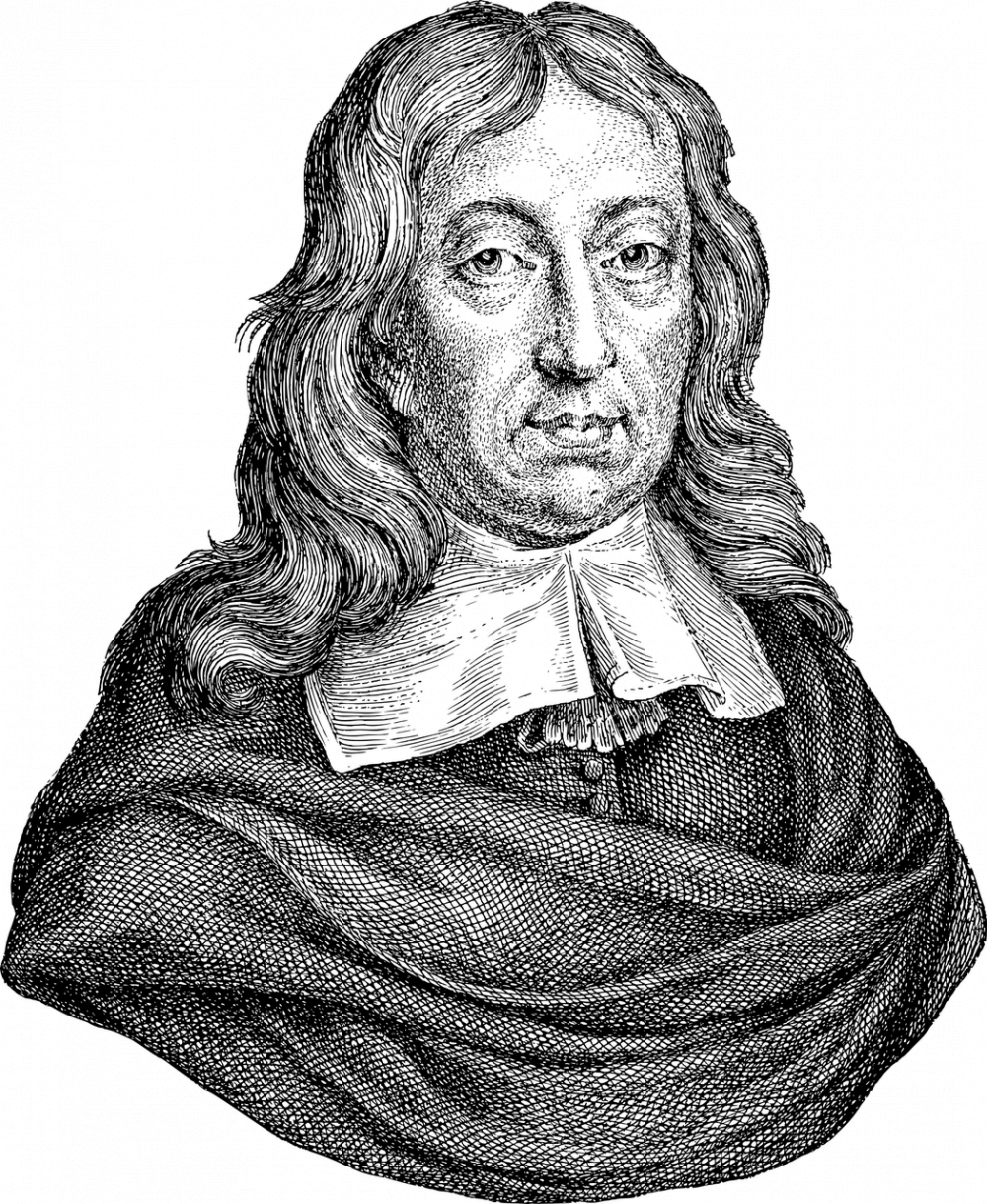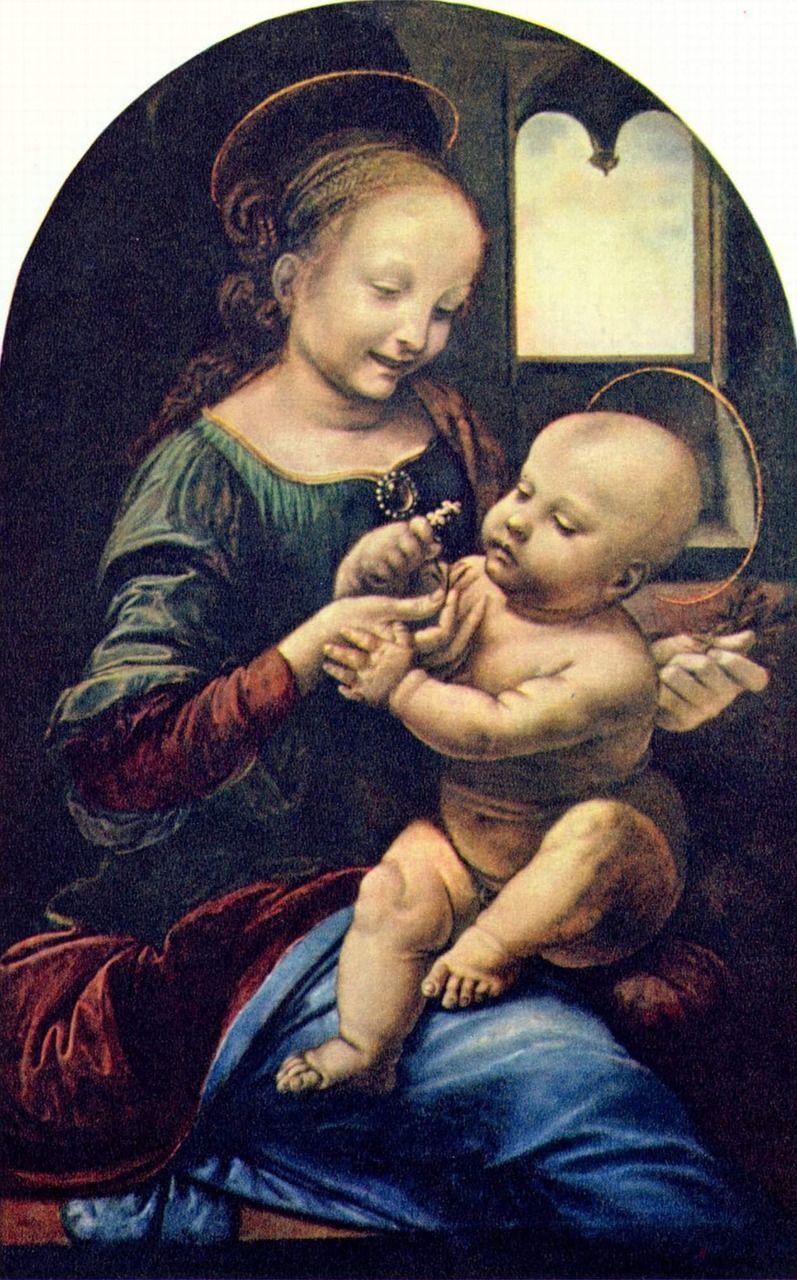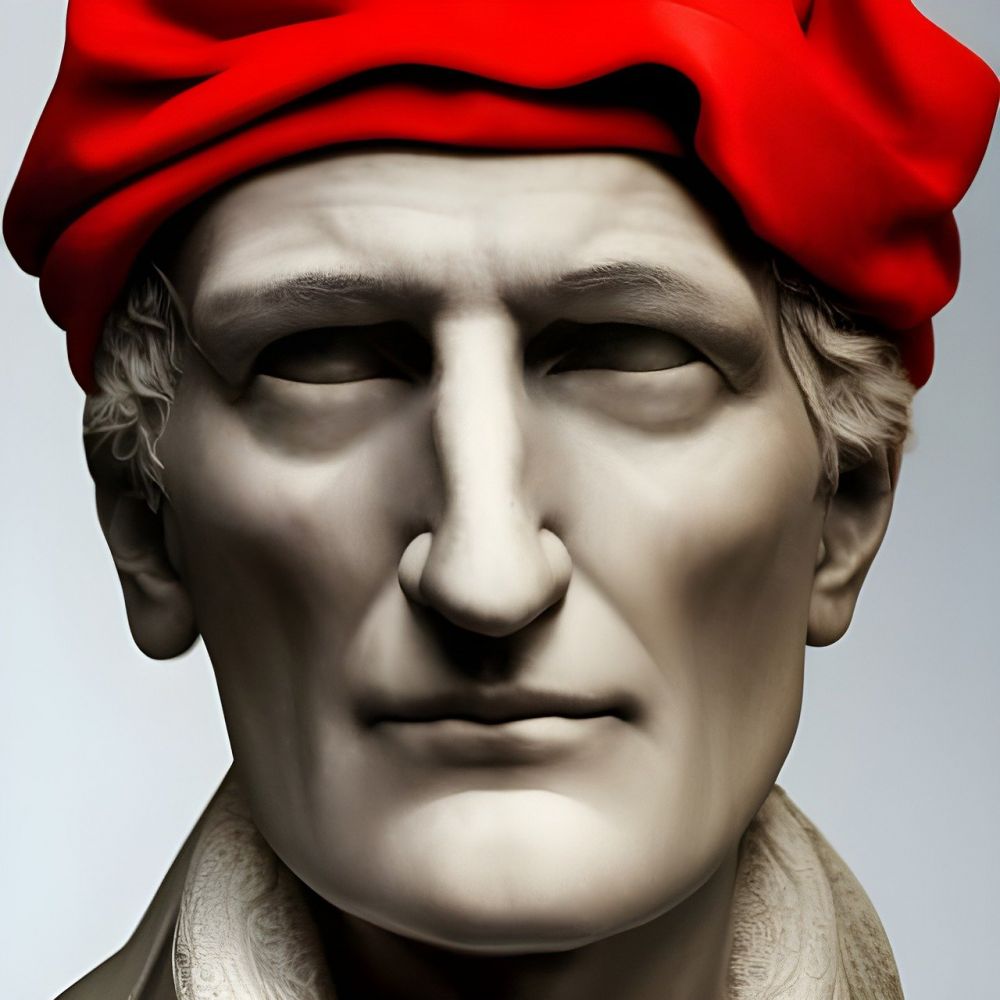Allan Edgar Poe: The Enigmatic Genius of Gothic Literature

Introduction:
When it comes to the world of literature, few names are as iconic and enigmatic as Allan Edgar Poe. His works have left an indelible mark on the genre of Gothic fiction, with their haunting themes, macabre imagery, and psychological depth. For those with a general interest in this captivating writer, this article aims to delve into the life, works, and enduring legacy of Allan Edgar Poe.
A Historical Overview:
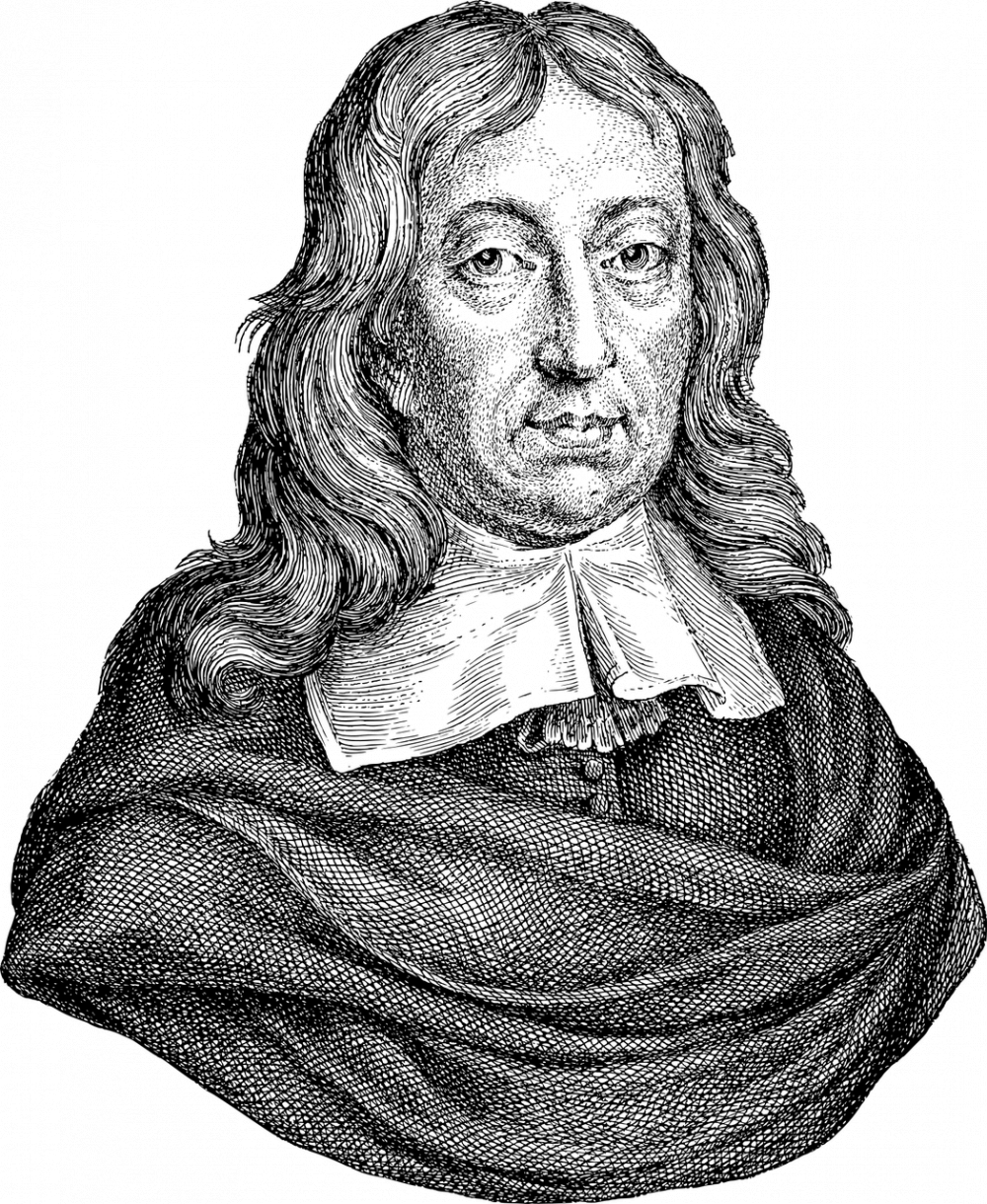
Allan Edgar Poe’s journey as a writer began in the early 19th century, during a time when Romanticism was at its height. Born on January 19, 1809, in Boston, Massachusetts, Poe experienced immense tragedy and loss throughout his life, which heavily influenced his writings. The death of his mother when he was just three years old and the subsequent loss of his foster mother and wife haunted him, permeating his works with a hint of melancholy.
Poe’s early writings demonstrated his exceptional talent, garnering attention and acclaim from literary circles. However, financial struggles and personal demons plagued him, leading to a tumultuous existence. It was during these challenging times that his most renowned works, such as “The Raven,” “The Tell-Tale Heart,” and “The Fall of the House of Usher,” were penned.
Understanding Allan Edgar Poe’s Works:
Poe’s writings can be categorized into various genres, including poetry, short stories, and literary criticism. His poems, characterized by their rhythmic cadence and melancholic tone, have an innate ability to evoke strong emotions in readers. “The Raven,” with its haunting repetition of “Nevermore,” continues to captivate audiences to this day. Through his poetry, Poe sought to explore the darker recesses of the human psyche, delving into themes of love, death, and lost hopes.
As a master of the short story, Poe showcased his prowess in creating suspense, atmospheric settings, and intricate plot twists. “The Tell-Tale Heart,” with its unreliable narrator and descent into madness, remains a classic example of his storytelling abilities. His focus on the macabre and grotesque, intertwined with psychological complexity, made him a pioneer of the detective fiction genre. “The Murders in the Rue Morgue” introduced the world to his iconic detective character, C. Auguste Dupin, influencing countless writers in the years to come.
Poe’s literary criticism, specifically his theories on the short story and the importance of unity of effect, also shaped the development of the genre. His critical essays, such as “The Philosophy of Composition,” provide readers with insights into his meticulous approach to writing and his belief in the power of careful construction. These theories continue to guide aspiring writers and literary enthusiasts.
The Enduring Legacy:
Despite his tragic life and early death at the age of 40, Poe’s legacy as a literary icon remains unshakable. His works continue to influence countless writers, filmmakers, and artists across various mediums. His ability to tap into the darkest recesses of the human mind, exploring the complexities of fear, guilt, and obsession, resonate deeply with audiences even today.
Poe’s impact extends beyond the realm of literature. His gothic sensibilities and atmospheric settings have served as inspiration for countless filmmakers, with adaptations of his works gracing the silver screen. Furthermore, Poe’s depiction of psychological turmoil and the exploration of the human condition have paved the way for psychological thrillers and horror genres.
In conclusion, Allan Edgar Poe’s contributions to literature are immeasurable. His unrivaled ability to weave tales of terror, obsession, and the duality of human nature have captured the imagination of readers for generations. Despite leading a tumultuous life, his legacy as one of the foremost figures of Gothic literature remains unchallenged.
Through his poetry, short stories, and critical essays, Poe pushed the boundaries of literary conventions, forever leaving his mark on the literary landscape. As both lovers of art and collectors, we owe a great debt to this visionary writer and intellectual mastermind. Let us continue to delve into the depths of his works, unraveling their mysteries and embracing the darkness that resides within us all.
References:
– Poe, Edgar Allan. “The Tell-Tale Heart.” 1843.
– Poe, Edgar Allan. “The Raven.” 1845.
– Poe, Edgar Allan. “The Philosophy of Composition.” 1846.
– “Edgar Allan Poe.” Poetry Foundation.
– “Edgar Allan Poe Museum.”
– “The Edgar Allan Poe Society of Baltimore.”
